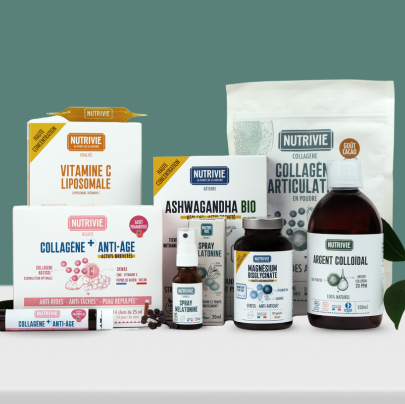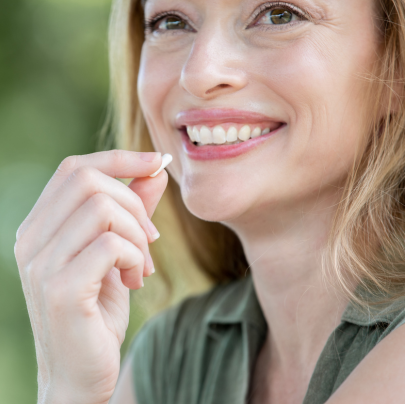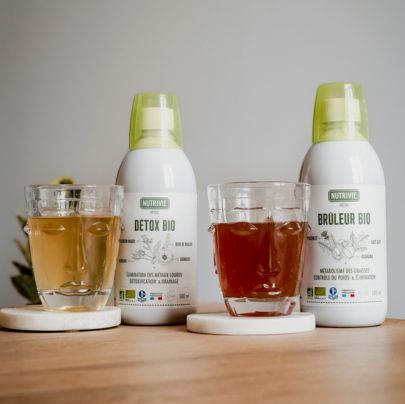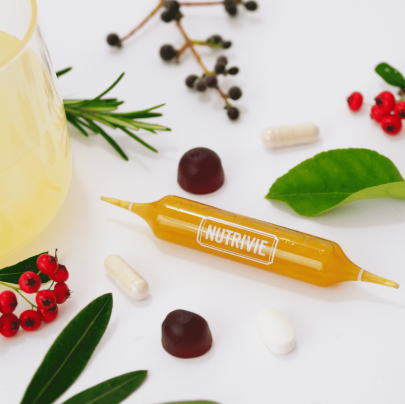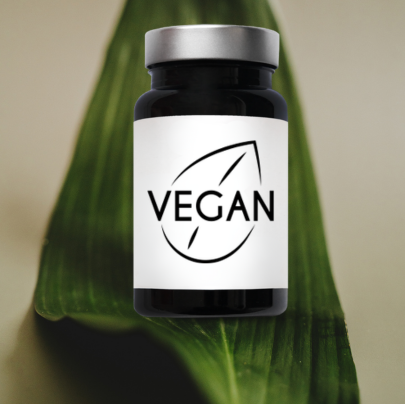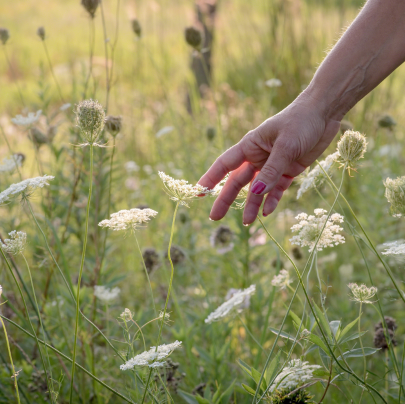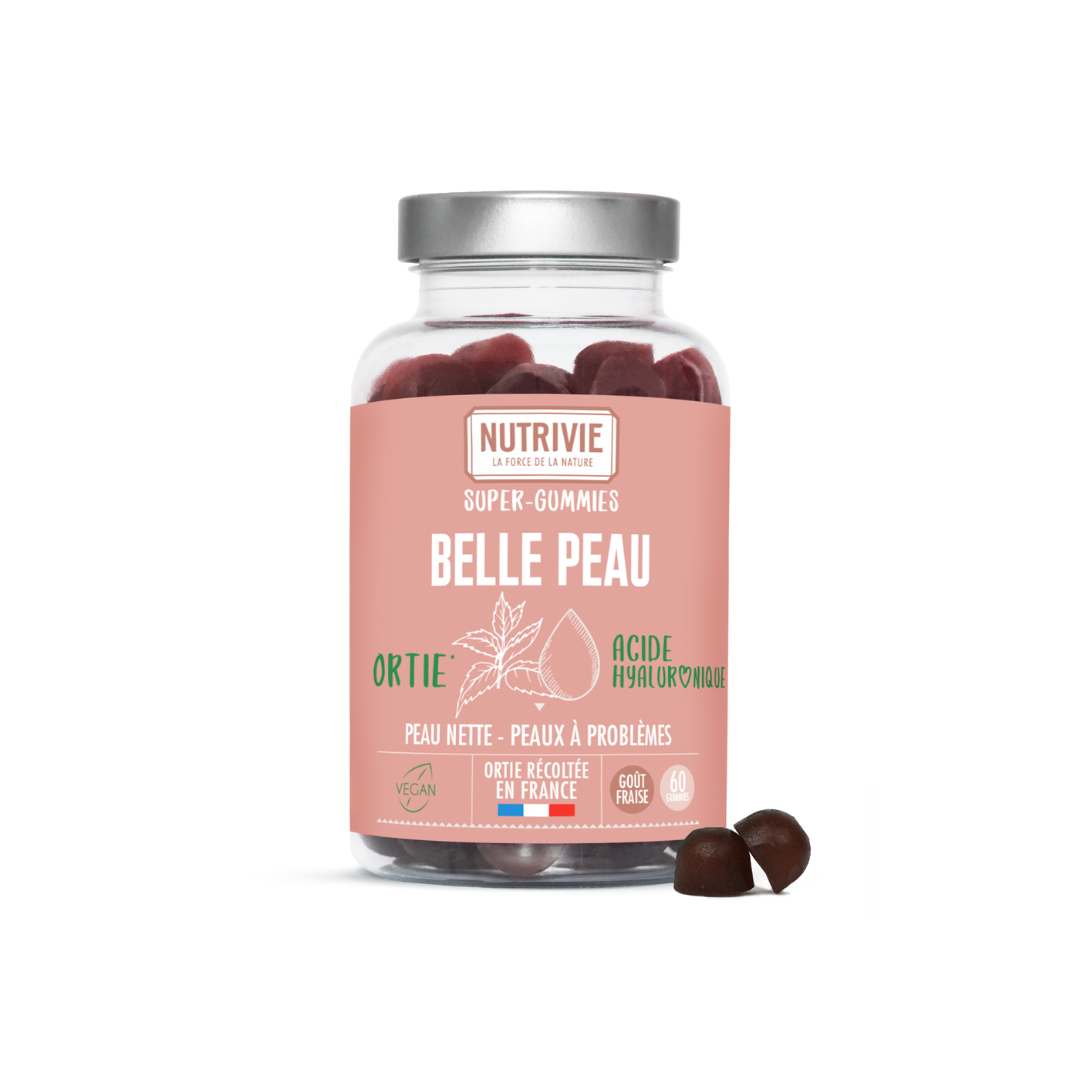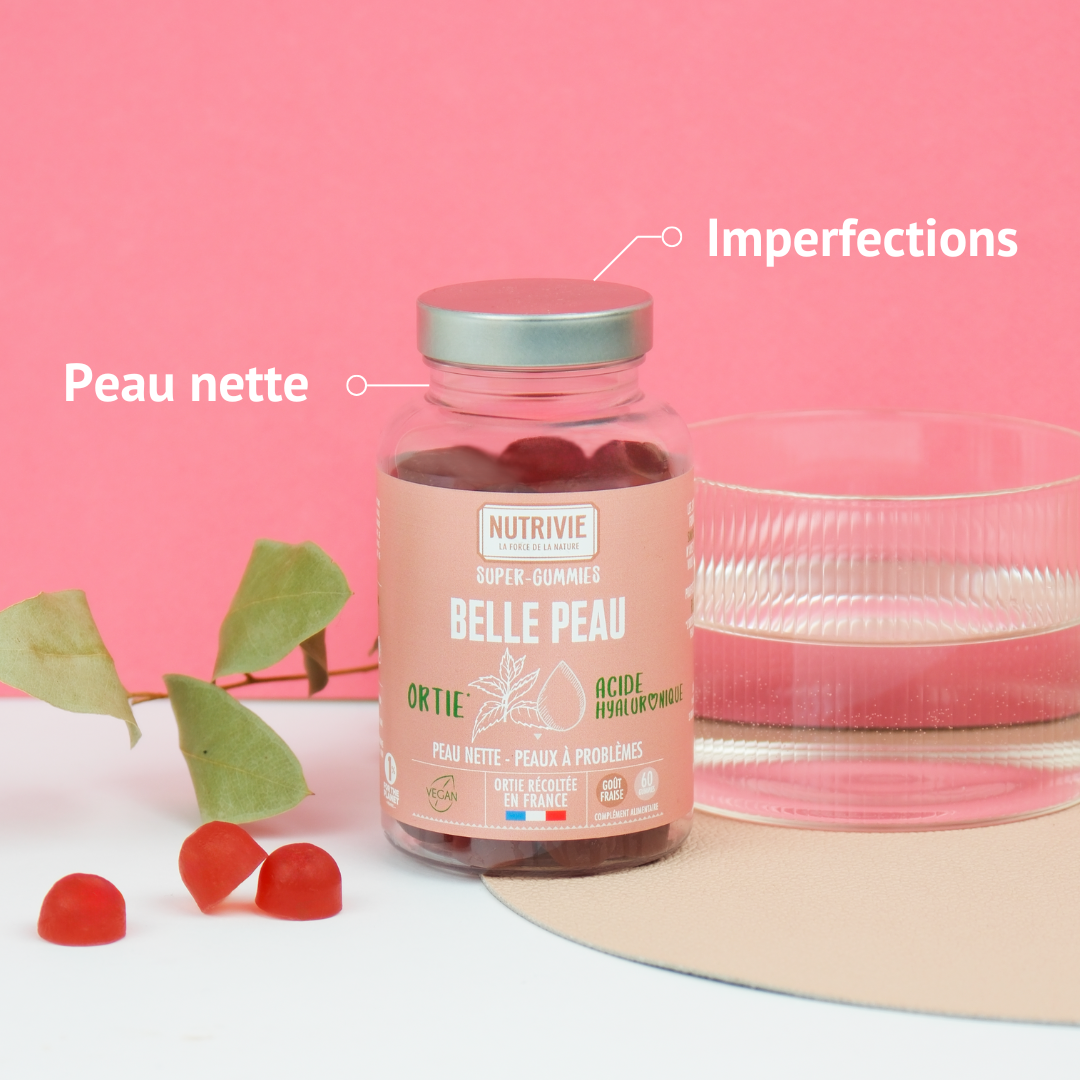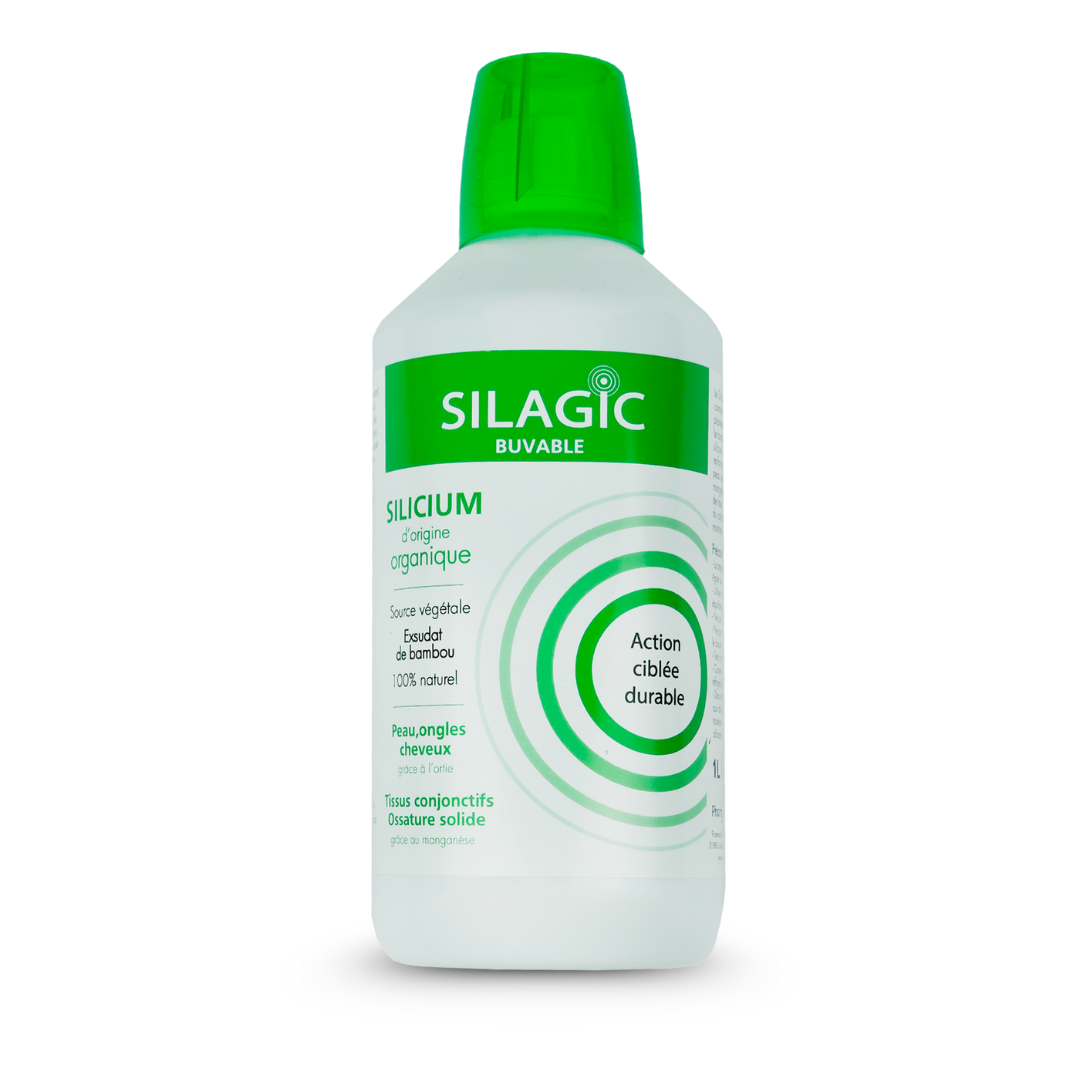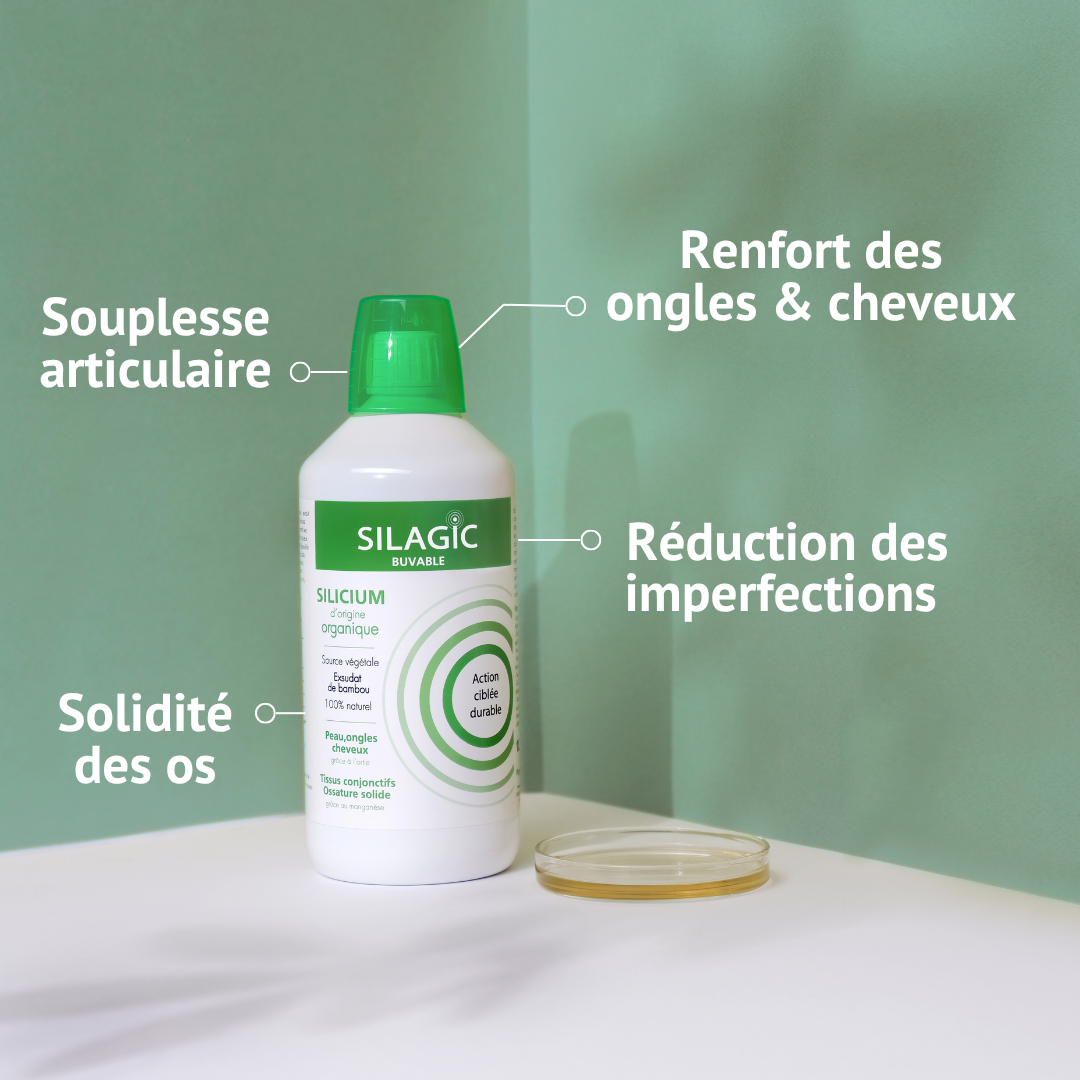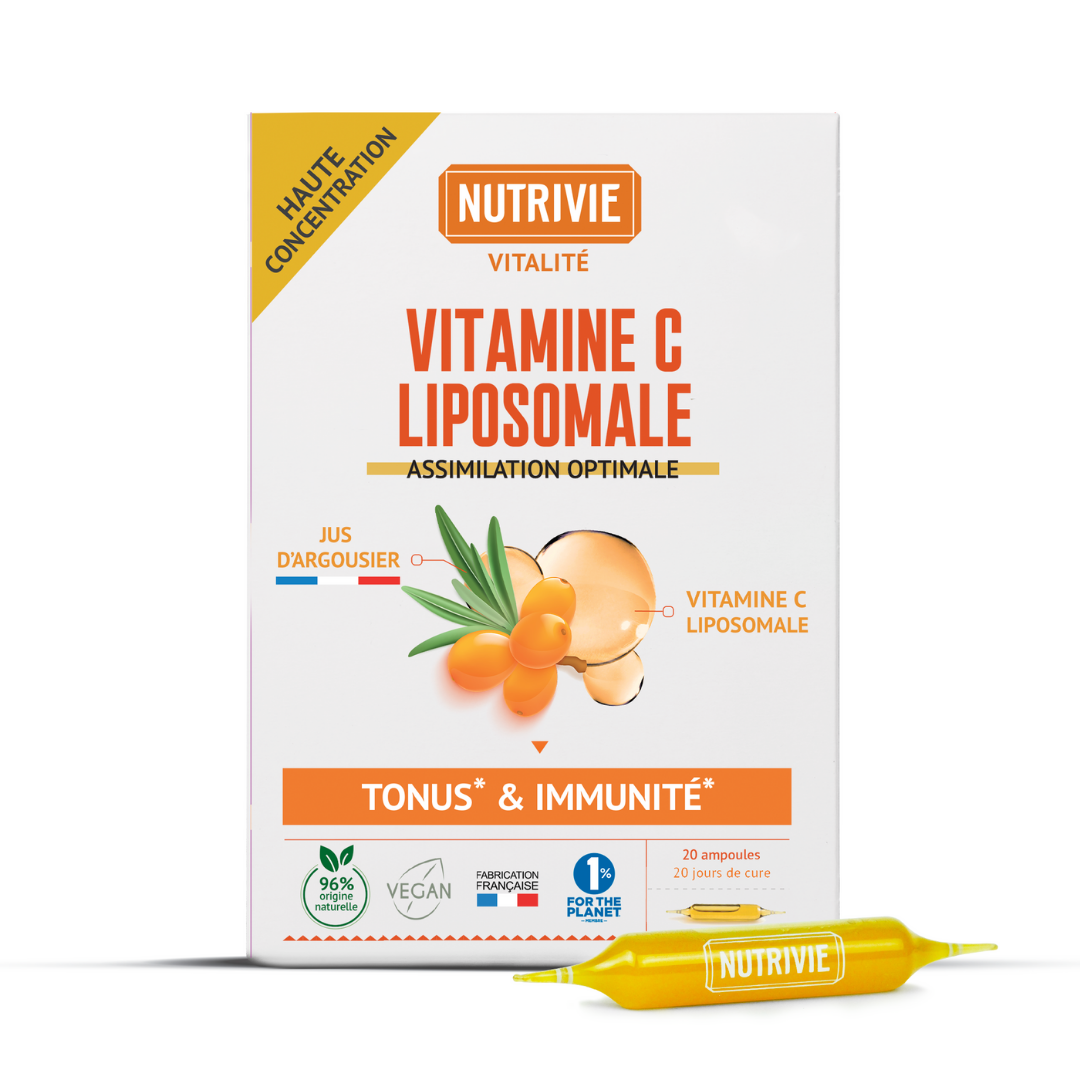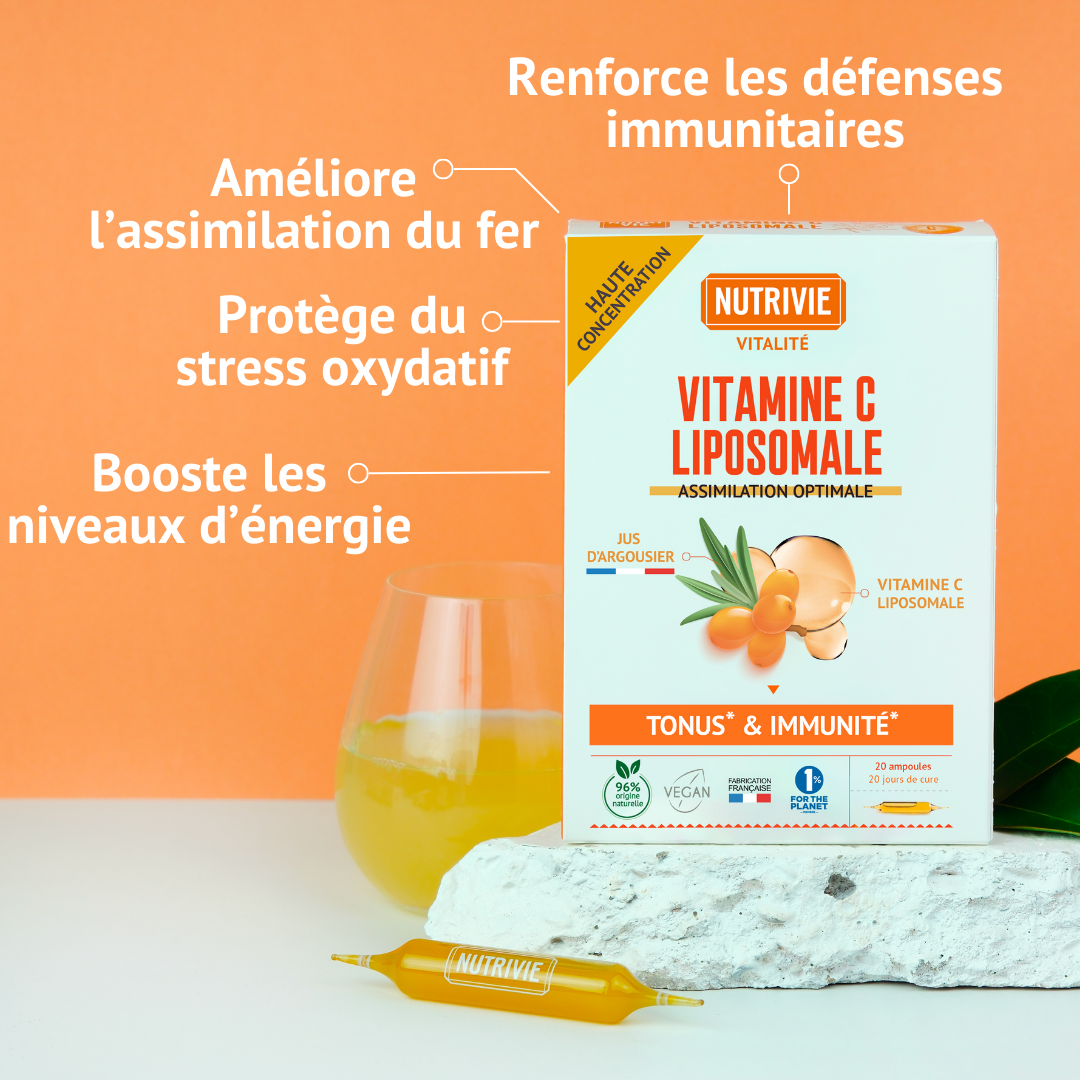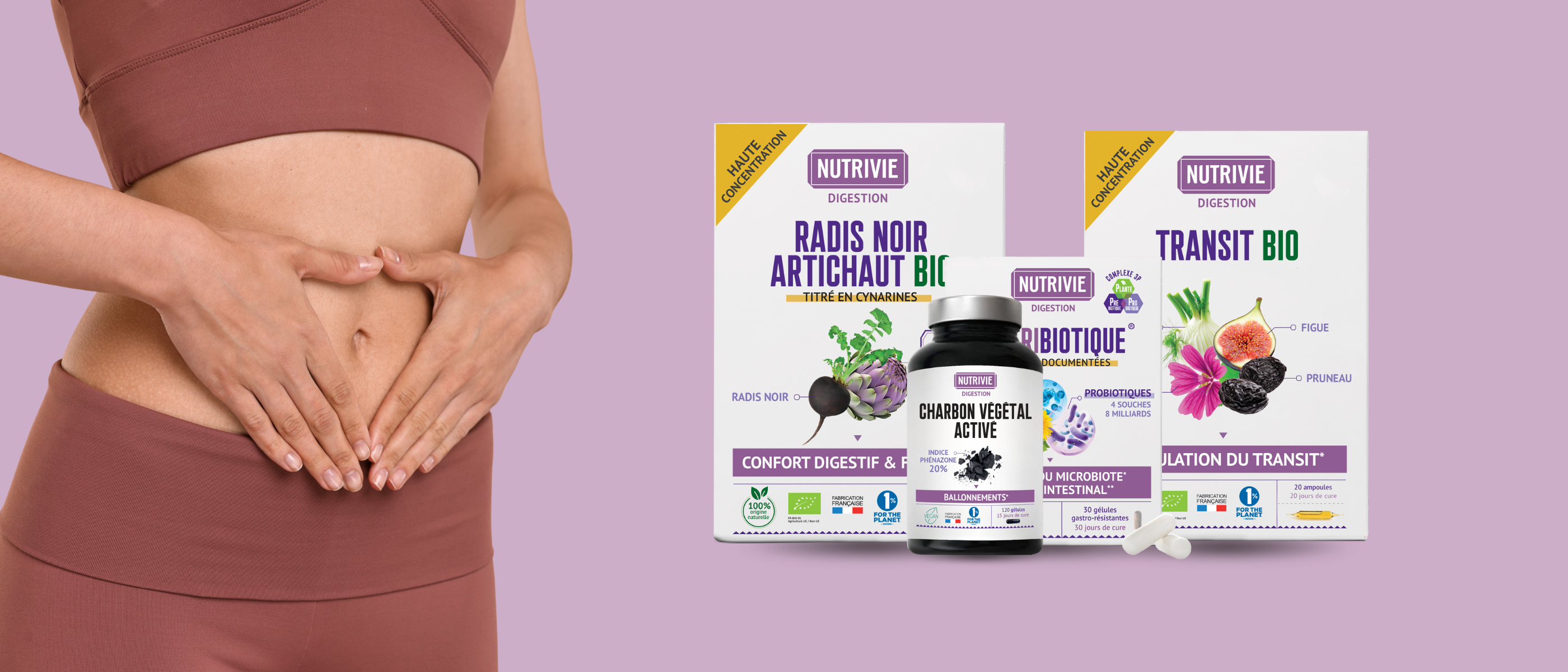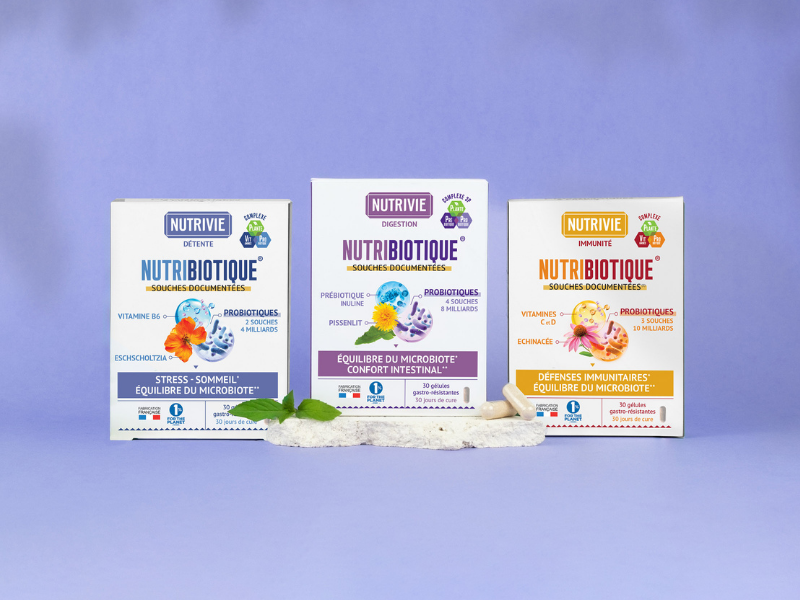Protect your skin from the cold
In winter, the cold, the heating of living spaces, and temperature variations can weaken the skin by causing dehydration, dryness, tightness, etc. A few simple and targeted strategies can be implemented to gain comfort and preserve its beauty.
Taking care of your skin from the inside out
Well-hydrated skin starts with hydrating the body. Even in winter, it is necessary to drink plenty of water, especially since we tend to eat fewer fruits and vegetables. The basis is to hydrate yourself with pure, slightly mineralized water in sufficient quantity. However, we should not neglect fresh fruits and vegetables, which contain "vital water" containing precious elements for the skin: antioxidants, vitamins, minerals, trace elements. On the market stalls, we have plenty of choice even in the cold season: apples, pears, citrus fruits, exotic fruits, carrots, cabbages, turnips, endives, leeks, salads, etc. Finally, infusions and herbal teas, very comforting in winter, are an additional source of water, while avoiding diuretic plants (they increase renal elimination).
The skin needs quality fatty acids that will nourish it from the inside out. They are found in avocados, oilseeds and seeds like walnuts, flax… Evening primrose and borage oils are particularly beneficial and are easily found in organic stores in the form of cooking oil to add directly to the plate. Not to mention the omega 3s that are so necessary, yet rare in our diets, provided by flax, camelina, hemp, chia oils, cold extracted, and in quality oily fish.
We all know vitamin C for its action on immunity and energy, but it also offers many benefits for the skin, and that's good because in the cold season we really need the full range of its qualities! A great antioxidant, it also contributes to the formation of collagen and can help hydrate the skin. Very present in fresh fruits, think that in winter we find it in oranges, lemons of course, kiwis, papayas, mangoes...
Taking care of your skin with external treatments
It may not seem obvious, but the skin does not hydrate itself from the outside with water, and in fact, when it evaporates, it tends to dry it out. Cleansing your face with water can therefore be uncomfortable. If this is the case, you can opt for other solutions such as a cleansing milk or a vegetable oil, the latter of which proves to be an excellent makeup remover.
And precisely, with the cold, organic vegetable oils are particularly beneficial. They help preserve the skin's lipid film, thus protecting it from drying out. They have many beauty benefits, versatile and can be used for the face, body, hair... Jojoba oil, for example, is ideal for dry skin, or shea butter, a true balm of softness, helps to moisturize, soften, nourish, and repair. Both support the skin against external aggressions.
As for moisturizers, they are water-in-oil emulsions; they moisturize while preventing the evaporation of water from skin cells. You can choose formulas enriched with active ingredients that will enhance their effects, such as aloe vera, hyaluronic acid, silicon, honey, shea butter, etc.
Some plants and active ingredients that support the skin
Aloe vera
A plant naturally rich in water, aloe vera in cosmetic use helps to hydrate, soften, and repair the skin.
Hyaluronic acid
Naturally present in the body, hyaluronic acid helps maintain water in tissues, giving skin its smooth, youthful appearance. But as our water reserves diminish over time, it's helpful to find external sources in the form of cosmetic treatments or dietary supplements. Regenerating, plumping, and hydrating, hyaluronic acid helps protect skin from damage while contributing to its beauty.
Collagen
This protein, also found in our bodies, has an impact on the elasticity, firmness, and hydration of the skin. Many factors can alter our collagen, so supplementing it can be a real plus to help it renew itself. As a dietary supplement, it's the essential active ingredient of the moment, and for good reason: it has a recognized effect on the skin, complexion, and signs of aging.
Silicon
It is a very interesting element for the skin because it contributes to the synthesis of collagen, hyaluronic acid and elastin, structural components of our skin, participating in its integrity, hydration and beauty. Just like hyaluronic acid, silicon is used in the composition of external care products and is also taken in the form of a dietary supplement.
To support and pamper your skin, why not create a basic program by combining a suitable cosmetic treatment with a specific internal treatment to enhance their effects?
We also don't forget the importance of lifestyle with a good diet, sleep, exercise, to have skin radiating with vitality in any season!
*These tips are not a substitute for medical advice. If you are ill, taking medication, pregnant, breastfeeding, or a child, seek the advice of a healthcare professional. Check the instructions and contraindications of any dietary supplements, plants, essential oils, or other treatments you wish to use.
Food supplements
- Nutrivie Anti-Aging Collagen Boost
- Nutrivie Beautiful Skin Super-Gummies
- Activ'Beauté Formulactiv Nutrivie
- Nutrivie liposomal vitamin C
Facial care

